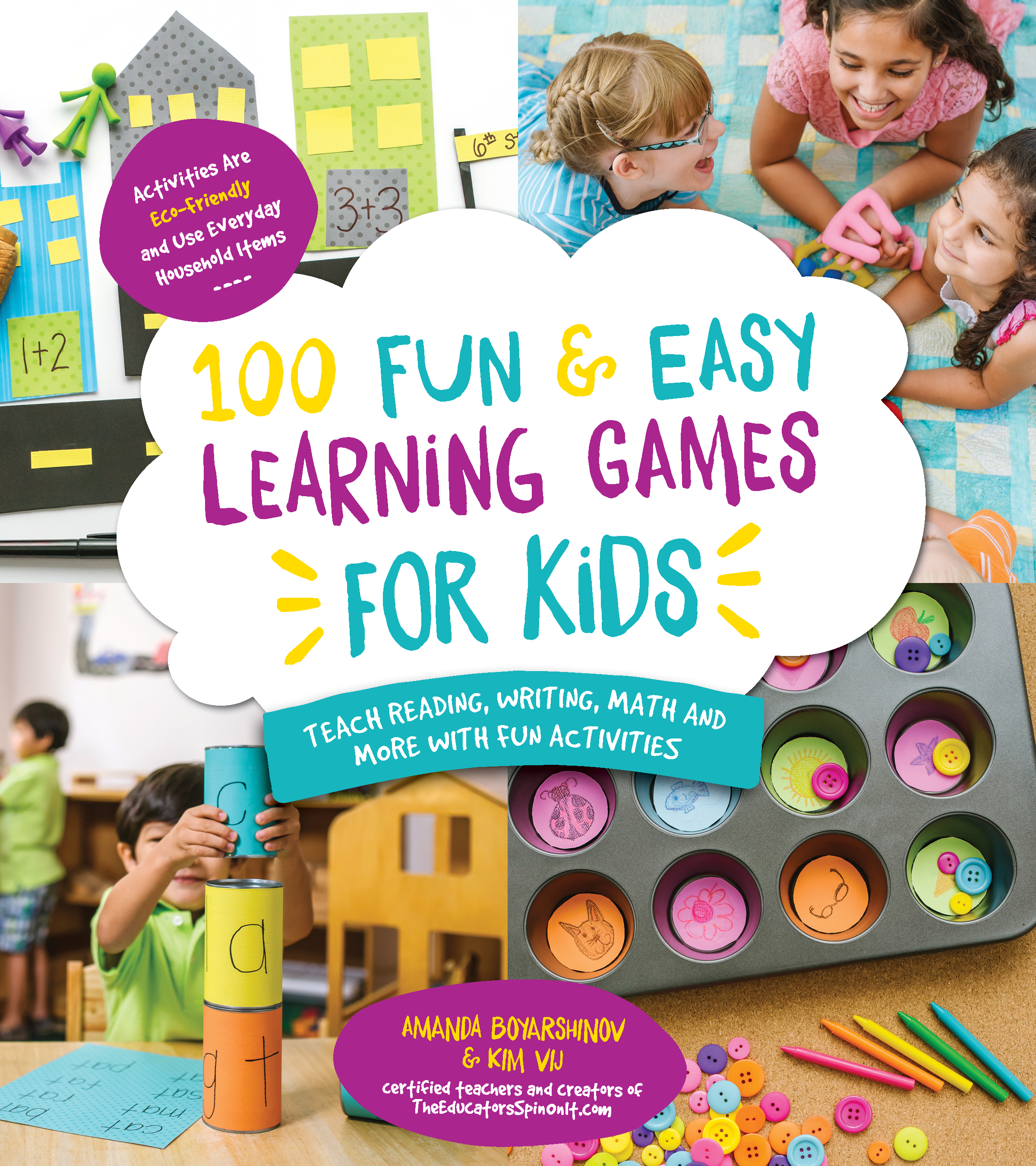Summer camps have long conjured images of campfire singalongs and wilderness exploration. But beneath the veneer of carefree activities lies a growing trend - the gamification of learning. Camps are increasingly incorporating educational elements into their programs, all while maintaining a focus on amusement and engagement.
This shift is driven by a recognition of the changing educational landscape. Traditional classroom settings, some argue, can struggle to capture the imagination of students in a world saturated with interactive experiences. Camp programs, on the other hand, offer a unique opportunity to bridge the gap between education and entertainment.
Take, for instance, the rise of STEM (Science, Technology, Engineering, and Mathematics) camps. These programs weave scientific principles and problem-solving techniques into activities like building robots or designing video games. Campers don't just learn about coding or circuitry; they experience the thrill of creation firsthand.
The gamification extends beyond STEM subjects. History camps might incorporate role-playing scenarios that bring historical figures to life. Language camps can use interactive games and apps to make vocabulary acquisition more engaging. Even traditional camp activities like archery or arts and crafts can be infused with educational elements, fostering teamwork, critical thinking, and motor skills development.
The benefits of this approach are multifaceted. Studies have shown that gamification can boost motivation, improve information retention, and make learning more enjoyable. Camp counselors, once facilitators of traditional camp activities, are now evolving into 'edutainers' - part educator, part entertainer - who can effectively deliver educational content in a fun and interactive way.
This isn't to say that traditional camp activities are disappearing entirely. Capture the flag, campfires, and nature exploration still hold a significant place in the camp experience. However, the integration of educational elements allows campers to gain valuable knowledge and skills while still having a blast.
There are, however, challenges to consider. Striking the right balance between entertainment and education is crucial. Overly gamified experiences can risk trivializing the learning process. Additionally, ensuring inclusivity and catering to different learning styles remains a priority.
Despite these challenges, the gamification of summer camps represents an exciting evolution in youth education. By harnessing the power of play, camps are fostering a new generation of learners who are not only engaged but excited about the pursuit of knowledge.

